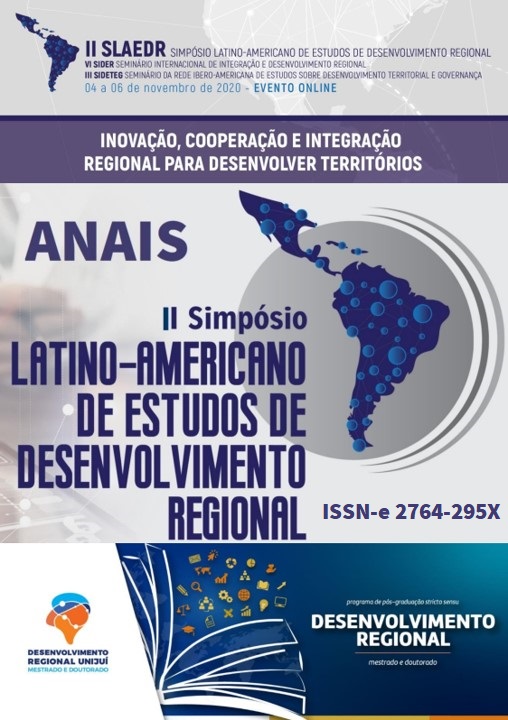URBAN AGRICULTURE AND RE-TERRITORIALIZATION OF THE CITY OF BOGOTÁ (COLOMBIA) LIVED BY VICTIMS OF ARMED CONFLICT AND PEASANTS
Keywords:
Migration, Cities, Suburbs, Urban gardens, SustainableAbstract
The internal conflict that Colombia has been experiencing since the middle of the 20th century has faced different armed actors such as guerrillas, paramilitary groups, criminal bands, among others, for the occupation of land and the appropriation of drug trafficking routes. The violence generated mainly against the civilian population has resulted in more than 8 million people being displaced from rural areas and mobilizing in cities like Bogotá. Also, a socioeconomic inequality in the countryside intensified the process of rural-urban migration of peasants. In this scenario, the objective of this article was to explore the role of urban agriculture (UA), in the process of re-territorialization of Bogotá, lived by victims of armed conflict and peasants who arrived to the capital city. For this, it was carried out a bibliographic review between the years 2009 and 2019, which addressed the work of urban gardens done by victims of the conflict and / or peasants who migrated to the capital of Colombia. The results of 14 surveys were analyzed, and among the findings, it is highlighted that the AU practices, through urban gardens, provided the meeting between people from different areas of Colombia and the articulation of social links, as well as facilitating the fabric of networks and the rescue of memories, narratives and knowledge of communities.



